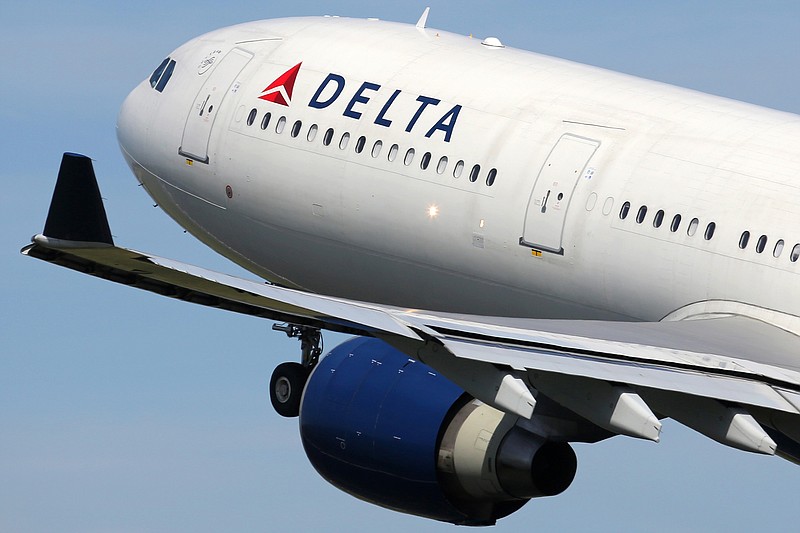Delta Air Lines knew about Daniel Grossman's life-altering bike accident in northern Minnesota before some of his friends did.
Grossman, a Mayo Clinic emergency-room doctor, had been paralyzed. He called the Atlanta-based airline from his Minneapolis hospital bed to seek a refund on upcoming flights he had booked with his parents.
Delta canceled the trips. Later, it asked Grossman, who was a million-mile flyer, to help shape a new policy so that frequent flyers whose travel was interrupted by a life event could regain their perks.
The policy, called "Reclaim Your Status" and announced last week, is a first for Delta and perhaps the most expansive by a U.S. airline seeking to retain members of loyalty programs.
Delta will now accommodate customers who become a new parent, care for an aging family member or recover from a serious illness and may not be traveling as often as a result. Other life events, such as getting a degree, moving or changing jobs, will also be considered by the airline.
Under the program, Delta's elite Medallion status passengers-Diamond, Platinum, Gold or Silver-who had their travel disrupted can apply for three complimentary months at their former status level. If the person travels enough during that time to rack up 25 percent of the qualifying dollars it takes annually to maintain that level, they can keep their status through the following year.
Delta said it will respond to all applications within a week or two and it encouraged passengers with other reasons for disrupted travel to test the program.
"Loyalty is a two-way street and, as a leading consumer brand, we are always looking for new ways to take care of our customers," Sandeep Dube, a Delta senior vice president, said in a statement.
Airline-loyalty programs have devoted followers, with some going to extraordinary lengths to maintain their status. Airlines value, and profit from, those travelers.
"Elite status is a bit of a drug and you might travel more to maintain that status," said Brendan Dorsey, associate editor at the Points Guy, a website focused on travel credit cards and building airline miles and points.
Delta is the biggest major U.S. airline to publish a policy, he said. Alaska Airlines has a formal policy that allows new parents to pause their status and Hawaiian Airlines allows its members to keep their elite status for a year after a qualifying medical condition.
American and United airlines have unpublished exemption policies, Dorsey said, "but you don't know what to expect and you don't have any idea what they will say."
In 2017 and 2018, Grossman was rehabilitating from the mountain-bike crash that left him in a wheelchair. That's when he remembered getting a handwritten thank-you note from a Delta executive when he reached a million miles of travel.
"My philosophy is that if you are going to give me your business card, I'm going to use it," Grossman said. "I had worked pretty hard flying to get to that level and I asked if there was anything they could do to help."
Delta extended his status and was working to formalize this policy, so Grossman offered his advice. "I am certainly not unique in having a life event put travel on hold," he said.
The airline said it decided to publish a policy so its members would know it's possible to regain their status in less than a year.
There are long-term benefits for Delta, too. If, for instance, the person applying for the program just moved to a new city where they may have new airline options, this perk could persuade them to restart their travel using Delta, Dorsey said. Those three complimentary months also encourage members to start flying at their old pace.
"If they extend that for people, they might decide to travel more than thought," Dorsey said.

